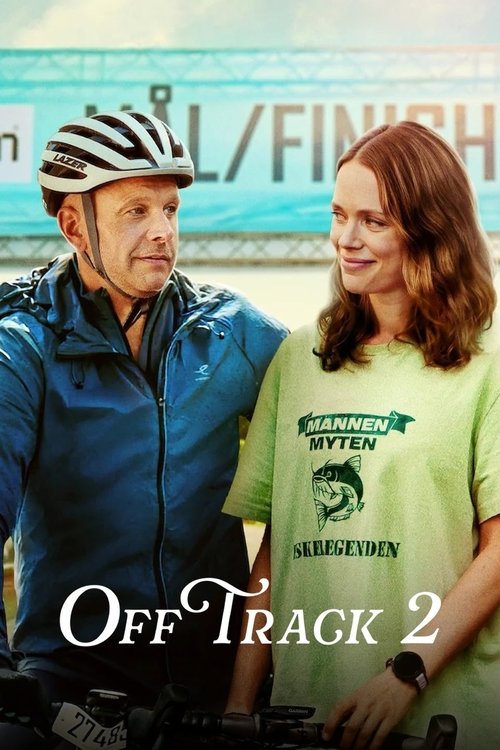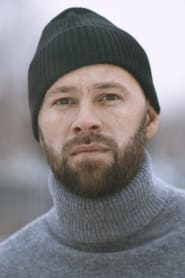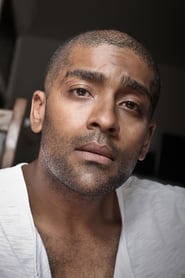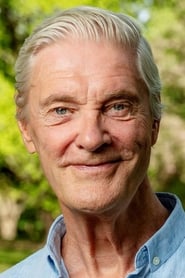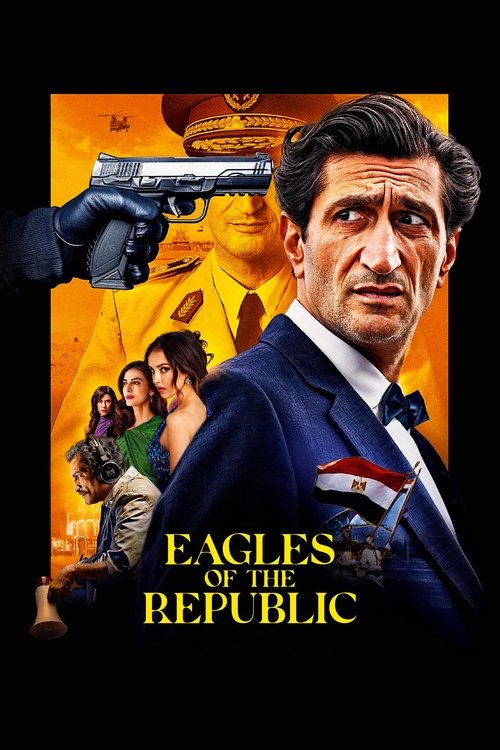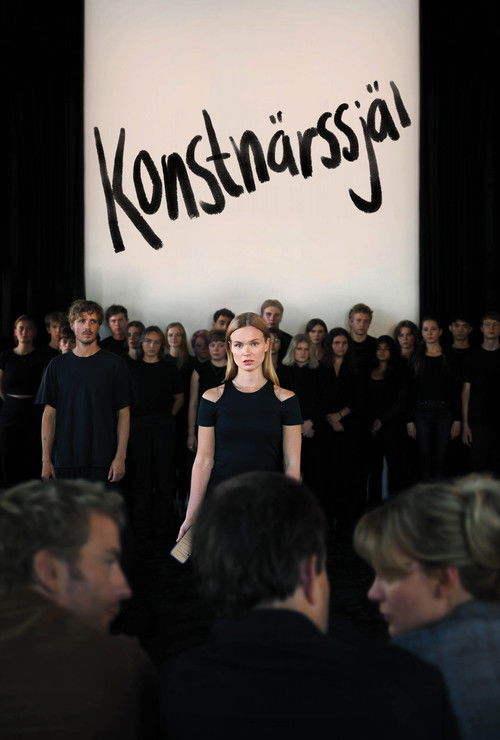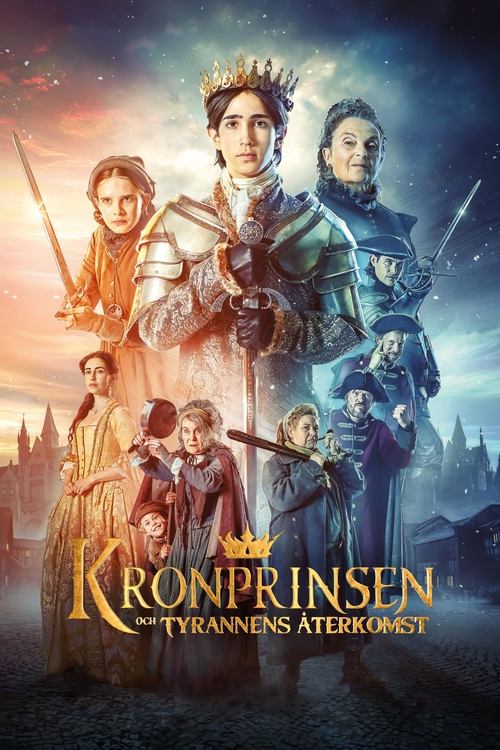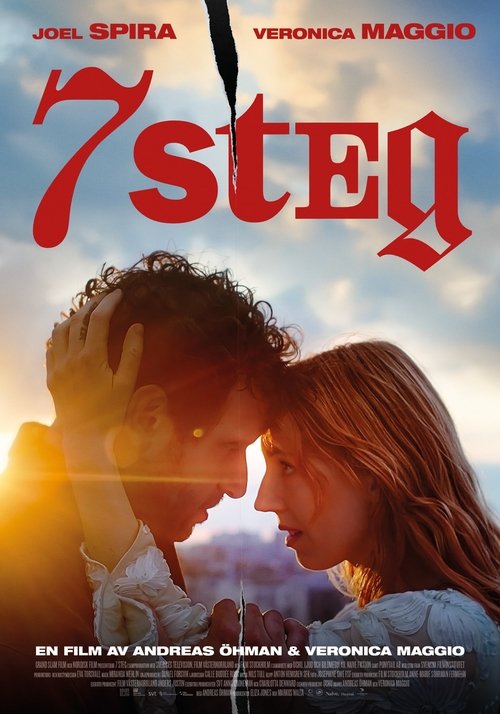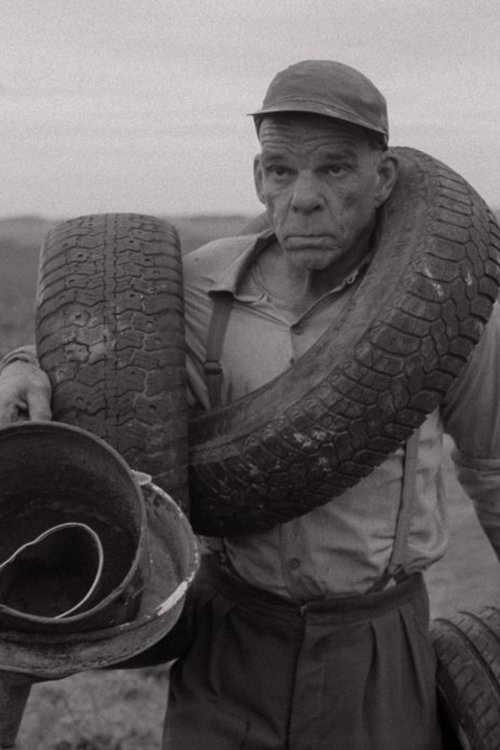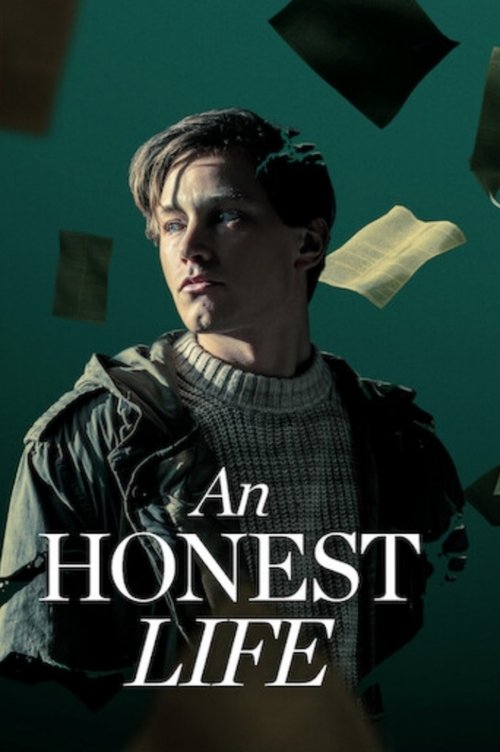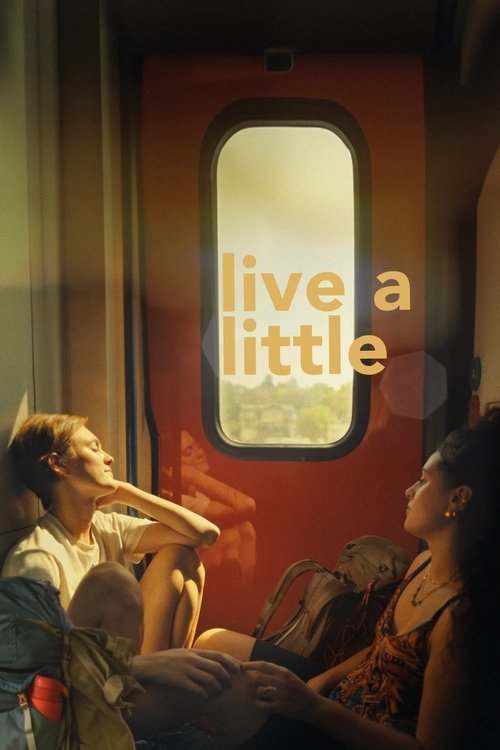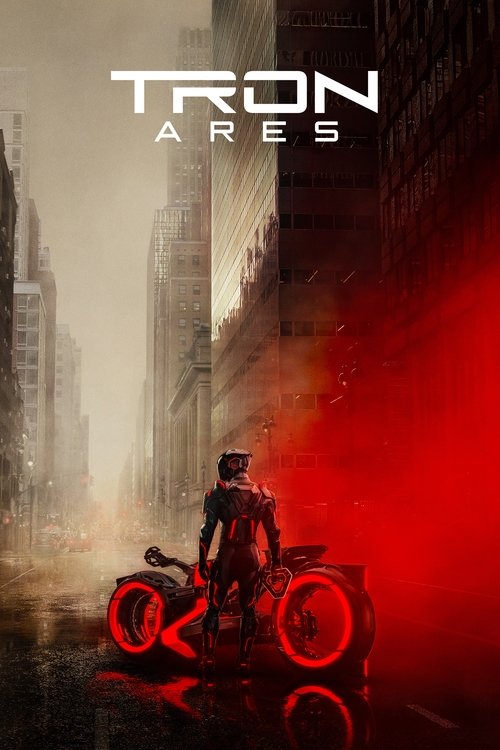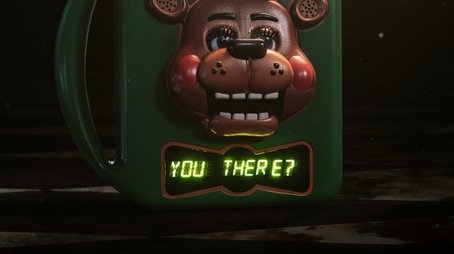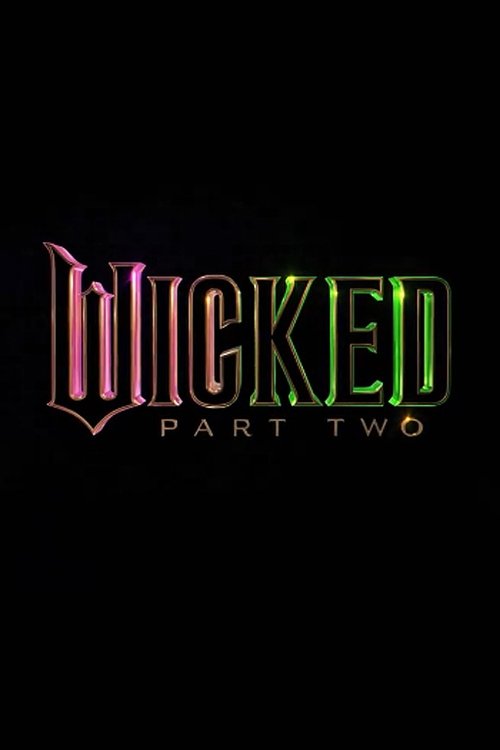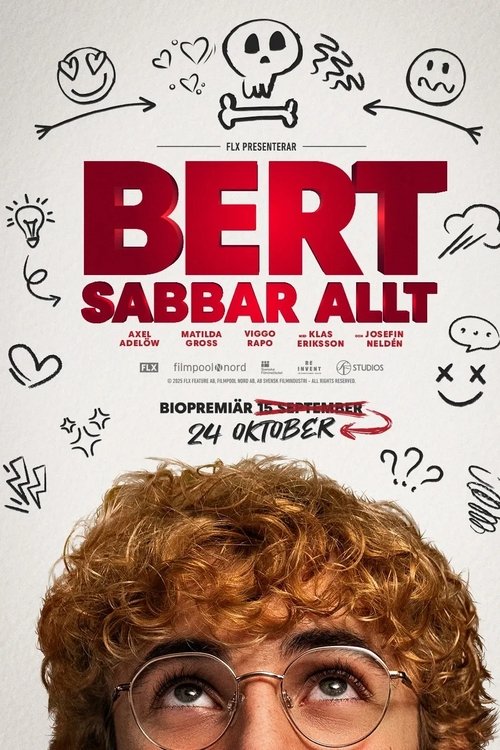
Ask Your Own Question
What is the plot?
The film opens on the narrow, neon-lit streets of Hong Kong, where Lui runs a small auto repair workshop by day and lives a dangerous double life as a street racer and a triad courier by night. He moves through the garage with quick, practiced motions--wiping grease from his hands, tuning carburators, and barking orders at mechanics--while covertly packing and accepting sealed bricks of cocaine destined for his boss, Brother Bing. Lui's involvement with the triad weighs on his personal life: he habitually ignores and berates his girlfriend Katy, and his temper reverberates through late-night arguments in their sparse apartment. Katy tells him, plainly, that she is tired of being neglected; Lui replies with impatience, promising change he does not keep.
A friend within the police, Officer Bad Breath, arrives one afternoon to speak with Lui in a tone that mixes camaraderie and commerce. Bad Breath warns Lui that a rival racer named Chang-pau has placed a bold HK$40,000 wager on an upcoming street race between Lui and Joe, another local tuner and racer who operates his own repair shop down the road. Concerned about pride and the financial risk, Lui accepts Bad Breath's suggestion to borrow money; he takes HK$20,000 from him to cover his entry and to prepare his car.
On the night of the race, the city's edges fill with the sounds of revving engines and the shuffle of anxious feet. Lui and Joe exchange taunts beside their modified cars, their crews clustered like a ring of matchsticks. Engines scream and the race begins under the watch of the crew and streetlights. Lui seizes the lead through a burst of aggressive cornering; Joe remains close, drafting behind him, and closes ground in the final stretch. In a sudden, violent maneuver, Lui deliberately rams Joe's vehicle near the finish line. Both cars spin; debris and sparks fly. The clash spills into a melee as crew members jump from their cars and fists fly. Police arrive and break up the brawl. Lui, Joe, and Lui's younger sister Ann are unable to escape amid the chaos; officers detain all three and escort them to the station.
At the police station, Lui faces his estranged father--an older man who is a veteran officer. The father reads Lui a stern reprimand, scolding him for his criminal associations and for dragging his sister into danger. Lui fires back, accusing his father of hypocrisy: he points out the elder man's past entanglements and corrupt compromises before the ICAC reforms, and he argues that those choices left him with no better example to follow. Their confrontation escalates as Lui, still defiant, refuses to accept his father's attempt at moral superiority.
After they are released, Lui returns to the shop and learns from his subordinate, Bull, that Bad Breath has retaliated against them for the debt. Later that night Lui walks through the alley behind Bad Breath's parked car, plants a shaped charge beneath the vehicle, and triggers the explosion from a safe distance. The detonation rips metal and glass apart and sends a pillar of flame into the air. Bad Breath's men respond immediately with threats and gunfire; a pitched street fight erupts between the two factions until police officers arrive and disperse the combatants. Brother Bing, the triad boss to whom Lui answers, summons him the following day and issues a brutal order: Lui must settle his conflict with Bad Breath, and because Joe saved Ann during the prior chaos, Joe must be handed over as punishment.
Pressed by Bing's demand and by the threat that refusal will endanger Ann, Lui arranges for Joe's capture. Bad Breath's gang corners Joe one afternoon as he steps out of his garage; they seize him, drag him into a derelict warehouse, and beat him savagely with fists and batons. They leave his face swollen and his ribs gashed. Katy departs in the aftermath--she packs a small bag, boards a bus, and leaves for the airport; she plans to move to Canada and tells Lui that she cannot wait for him to choose a different life. Ann, alarmed by Joe's injuries and by Katy's absence, finds Joe on the floor of his dim apartment and bandages his wounds. She brings him soup and sits at his bedside for long hours, speaking softly. Joe, weak and bruised, responds to her care with gratitude that deepens into affection. Their quiet interactions--Ann applying a cold compress, Joe pressing her hand to his chest in thanks--become a provisional courtship. Ann tells Joe she is afraid of Lui's temper; Joe replies that he will take every risk to protect her.
Word of Ann and Joe's closeness reaches Lui. He storms into Joe's shop, wrench raised, and lashes out at both of them in a fit of possessiveness. He strikes Joe's car with a hammer, and he shoves Ann against a wall; she recoils, furious and frightened. That night Ann seeks out her father and confronts him about his controlling behavior, blaming him for failing to protect her from his son's volatility. She demands the right to make her own choices. Their argument occurs in the cramped living room of the family home, where old photographs line the mantle and where the father's face tightens as Ann accuses him of maintaining authority without understanding her needs.
Meanwhile, Lui attempts to reconcile tensions with Chang-pau over their mounting rivalry. The two men meet at a neutral parking lot beneath a flyover, trading heated words at first but agreeing to put the matter to a high-stakes race to settle the score. They set the peg at HK$500,000. The widely publicized challenge draws larger crowds and draws Lui into decisions with broader consequences. On the day the race is arranged, Lui's father finds him near the staging area and pleads with him to abandon the dangerous lifestyle that has already damaged their family. He tells Lui to think of Ann and to leave the triads. Lui appears torn; he listens and then turns away, caught between loyalty to Brother Bing and an obligation to his family.
Shortly after this confrontation, Lui takes part in a drug delivery on Brother Bing's behalf. The drop occurs at an industrial pier where containers stand like tall crates; Lui drives a van loaded with crates toward the rendezvous. His father, on patrol nearby, recognizes suspicious movement at the pier and chooses to observe rather than intervene immediately. Men move the crates into a truck; a tense exchange ensues between Lui and a rival gangster who has appeared on the scene. The discussion escalates to a high-speed chase through winding roads and past harbor edges. In the pursuit a pickup truck swerves to avoid a collision with Lui's car; the vehicle careens off the road, slams into a concrete barrier, and flips. The truck bursts into flames. Lui's father, who is following on foot after abandoning his cruiser in haste, rushes toward the wreck and tries to pull the driver free. Smoke and scorched metal fill the air; the father's hands are slick with soot as he cradles the dying man. He murmurs a last admonition to Lui--words about choices and the cost of his path--before succumbing to his injuries. The father dies at the scene, pinned beneath twisted steel, leaving Lui to stare at the wreckage in raw silence.
The father's funeral follows. Friends and rivals file by a low casket beneath pale flowers. Lui stands at the head of the procession, his face drained, as mourners pay their respects. He listens to the eulogies and watches as Ann breaks down and leans on Joe for support. At the graveside Lui appears to weigh his future; he tells himself that he will find a way out of the triad life, and he resolves inwardly to protect Ann. Yet the world he inhabits resists that change.
Tensions heighten when news breaks that Katy is leaving for Canada. Lui races to the airport in a last attempt to persuade her to stay; he runs across the terminal, breathless, his hair disheveled, and finds her at a departure gate. He reaches for her hand and pleads; she pulls away with a look that mixes sorrow and determination, telling him that she needs a life without fear. She steps through the gate and disappears down the jetway. Lui stands frozen on the concourse, watching the plane lift and imagining the possibility of a life gone.
The racing scene ignites again as rivals and friends gather for another event meant to settle scores. This competition takes place along a coastal stretch where racers speed alongside a quay. Spectators line the edges and flashlights glint off chrome. During the race, Bull--Lui's trusted subordinate--acts out of a motive that is at once opportunistic and vengeful. He tampers with Joe's car, cutting a line or sabotaging the steering; the vehicle falters at high speed. Joe wrestles with the wheel as the car fishtails and careens toward the quay. He slams the brakes, but the altered mechanism fails. The car mounts the curb and clears the barrier; it flips, then plunges into the cold, dark water. Spectators scream. Ann stands at the edge and watches the car sink beneath the surface. Men dive in and others call for an ambulance; rescuers pull Joe from the submerged wreckage. He emerges coughing and clutching his wounds; he is alive but badly injured. Medics load him into an ambulance as Ann runs beside it, calling his name.
The rescue does not bring peace. The sabotage triggers a confrontation between Lui and Bull. Lui accuses Bull of acting for his own profit and of risking Ann and Joe; Bull replies that he had reasons to act against Joe--revenge, money, or a misreading of alliances. The argument devolves when Brother Bing and members of rival factions descend on the scene with firearms and curses. A shootout begins as police sirens wail closer. Bullets crack against metal; men shout orders and duck behind cars. In the blast of gunfire, Bull's greed becomes the catalyst for a chain of misunderstandings: one man mistakes a gesture for betrayal and opens fire, another returns fire in panic, and the firefight multiplies.
As officers close the perimeter, Lui makes a choice. He lunges from cover and sprints across the street toward Bull, who lies on the pavement wounded and bleeding from multiple gunshot wounds. Lui slides to his knees and lifts Bull's head, pressing his hands against ragged clothing to stanch the flow of blood. He yells for a ceasefire, but the volley continues as rival shooters take new positions. Police aim rifles, shouting demands for everyone to surrender. Brother Bing yells at Lui to leave Bull and run. Lui responds by carrying Bull toward the nearest vehicle in an attempt to get him to safety; he hauls the limp body into the back of a van. Shots ring out again--glass shatters, metal dents--but Lui keeps moving. Officers leap forward, weapons trained, and several gang members fall wounded. The police throw themselves on the van and pry open the doors, dragging Bull and Lui out. Officers handcuff Bull and push Lui to the pavement; medics kneel to check for signs of life.
In the immediate aftermath, the police take control of the scene. They cuff and read rights to those they can reach. Brother Bing retreats into the crowd and disappears for the moment into the urban tangle of alleys. Joe, shivering and bandaged, rides in an ambulance with Ann at his side, gripping his hand while paramedics monitor his pulse. Lui stands just outside the police perimeter as officers question him; his face shows a mixture of fury and exhaustion, and blood dries on his knuckles.
The film's final sequence plays out in a series of closed, concrete places. In a police interrogation room, officers ask Lui about his triad ties and the sequence of events that led to the chase, the explosion, and the fatal crash that claimed his father. Lui answers in clipped sentences: he denies certain actions, confesses to others, and refuses to implicate Brother Bing. Ann visits Joe in the hospital; she sits by his bedside and tells him in muted phrases that she cannot imagine a future without him. Joe squeezes her hand and vows to get better. Bull, meanwhile, lies in a different hospital ward with a bullet-riddled torso; officers keep a close watch. Brother Bing's operatives are rounded up or scatter. The police file charges, and Lui--though bruised and still nominally loyal to the triad--is left to face the consequences of the choices that have filled the streets with blood and danger.
The closing shot returns briefly to the quay where Joe plunged. Night has softened into a gray dawn. The water is calm; foam gathers where the car sank. Ann walks alone along the edge, her footsteps echoing on the concrete, and a tow truck hauls away the wreckage. Lui watches from a distance, leaning against the rusted railing, his hands jammed into his pockets. He does not speak. The camera lingers on his profile as cranes and police tape crisscross the frame; the film ends with Lui standing amid the aftermath of his life, surrounded by the tangible consequences of speed, loyalty, and violence. Only one death is confirmed within the events shown: Lui's father, who dies in the car crash at the pier after attempting to intervene in the drug delivery incident. Other characters sustain injuries, some severe--Joe plunges into the sea and survives with serious harm; Bull is shot and taken into custody and medical care--but the narrative concludes with the legal and emotional repercussions unresolved in detail, as Lui, Ann, Joe, Katy, Brother Bing, and the police arrange the fragile steps that must follow.
What is the ending?
Short, Simple Narrative of the Ending
At the end of Off Track 2, Lisa and Anders reconcile at a midsummer festival, where Lisa surprises Anders by inviting a pastor to marry them on the spot. Despite earlier doubts and temptations, they commit to each other in a simple, heartfelt ceremony. Meanwhile, Daniel and Klara, after facing marital struggles, remain together, still working through their issues. Lisa's daughter Elvira supports her mother, proud of her regardless of whether she finishes the grueling bike race. The film ends with both couples facing an uncertain but hopeful future together.
Expanded, Chronological, Scene-by-Scene Narration of the Ending
The final act of Off Track 2 unfolds during the Vätternrundan cycling race and the surrounding midsummer celebrations. Lisa, physically exhausted and in pain, realizes she cannot complete the race. She receives a phone call from her daughter Elvira, who tells her she is proud of her no matter what, which visibly moves Lisa and helps her accept her limitations.
Meanwhile, Anders, Lisa's boyfriend, has been struggling with doubts about their relationship, especially after seeing Lisa with her ex, Calle. Earlier, Calle had convinced Lisa to go skinny dipping, and Anders, arriving to conduct drug tests at the event, witnesses them together in the lake. Hurt and confused, Anders initially avoids confronting Lisa. Later, Calle drags Lisa to a party at the race, but she refuses to take drugs, showing her commitment to her sober life.
Anders, still in love with Lisa, drives her home with his colleague. At her house, he directly asks if she has slept with Calle recently. Lisa honestly says no. Anders starts to leave, but his feelings pull him back. Lisa confesses that she acted out with Calle because she was afraid Anders would leave her, and she didn't feel worthy of their planned future together. This raw admission softens Anders, and he decides to give their relationship another chance.
The film then shifts to the midsummer festival. Lisa, wanting to avoid the pressure of a big wedding, has arranged for a pastor to marry her and Anders right there, in a spontaneous, intimate ceremony. Anders is surprised but touched by the gesture. They exchange vows surrounded by friends and family, sealing their commitment in a moment that feels genuine and unpretentious.
Throughout these events, Daniel and his wife Klara are also present. Their marital issues--stemming from Klara's desire for a divorce earlier in the film--are not fully resolved, but they choose to stay together, continuing to navigate the challenges of parenthood and partnership. Their baby is with them, a constant reminder of the stakes of their relationship.
Elvira, Lisa's daughter, remains a grounding force for her mother, offering unconditional support and helping Lisa see the value in her efforts, even when she falls short of her goals.
The film closes with both couples--Lisa and Anders, Daniel and Klara--facing the future with a mix of hope and realism. Lisa and Anders are now married, with a home and a family, but the story acknowledges that their happiness will require ongoing effort and forgiveness. Daniel and Klara, still working through their issues, embody the ongoing nature of marital struggle, especially with the added responsibility of a child.
Fate of Each Main Character at the End
- Lisa: Marries Anders in a spontaneous ceremony, finally committing to their life together. She does not finish the bike race but gains self-acceptance through her daughter's support and her own honesty with Anders.
- Anders: Forgives Lisa after her confession, reaffirms his love, and marries her at the festival. He demonstrates both vulnerability and a willingness to rebuild trust.
- Daniel: Remains with Klara, their marriage strained but intact. They continue to face the complexities of parenthood and partnership, with no easy resolution in sight.
- Klara: Chooses to stay with Daniel, their relationship marked by ongoing challenges but also a shared commitment to their family.
- Elvira: Supports her mother emotionally, proud of her regardless of the race's outcome, and serves as a stabilizing presence in Lisa's life.
- Calle: Serves as a temptation for Lisa but ultimately does not disrupt her relationship with Anders. He represents Lisa's past and her fears about the future, but by the end, Lisa has moved beyond his influence.
The ending of Off Track 2 is not about neat resolutions, but about characters choosing to face their imperfections and uncertainties together. The bike race, a physical and emotional challenge, becomes a metaphor for the ongoing effort required in relationships and personal growth. The film's final scenes emphasize the value of honesty, forgiveness, and the courage to keep trying, even when the path is uncertain.
Is there a post-credit scene?
Based on available sources, there is no evidence of a post-credit scene in the 2025 Swedish film Off Track 2. The detailed plot summaries and ending explanations focus solely on the main narrative, concluding with Lisa's emotional journey and the resolution of her relationships, but make no mention of any additional scenes after the credits.
The film ends with Lisa, having navigated her anxieties about commitment and self-worth, ultimately deciding to move forward with her boyfriend Anders, despite her lingering doubts. Her brother Daniel and his wife Klara also reach a tentative reconciliation. The final moments are intimate and character-driven, centering on Lisa's internal struggle and her tentative steps toward stability, but there is no indication of a scene designed to play after the credits roll.
If a post-credit scene existed, it would likely be noted in major plot summaries or reviews, especially given the film's focus on character arcs rather than franchise-building or sequel teases. As of now, such a scene is not documented in any credible source.
How does Lisa's relationship with Anders evolve throughout the movie?
Lisa's relationship with Anders is challenged when she starts flirting with her old ex, Calle. This leads to tension between Lisa and Anders, especially after Anders sees Lisa skinny dipping with Calle. However, Anders eventually shows up to test people for drugs at the race and offers to drive Lisa home. During this time, Lisa apologizes for her actions, explaining she was afraid Anders would leave her. This apology works, and Anders decides to take Lisa back. They ultimately get married at a midsummer festival, avoiding the pressure of a big wedding.
What role does Daniel's marital issues play in the story?
Daniel's marital issues with his wife Klara are central to the plot. Initially, Klara wants a divorce, which prompts Daniel to decide to participate in the Vätternrundan cycling race with her instead of his sister Lisa. Throughout the movie, Daniel and Klara attempt to patch up their relationship, but their issues persist, reflecting the ongoing challenges of married life.
How does Lisa's past influence her current life and decisions?
Lisa's past, particularly her history with partying and her old flame Calle, influences her current life by creating temptation and uncertainty. Despite her efforts to live a sober family life with her daughter Elvira and boyfriend Anders, Lisa is drawn back to her old ways when she encounters Calle. This diversion from her current life highlights her insecurities and fears about her future with Anders.
What motivates Lisa to hesitate about marrying Anders and buying a house?
Lisa hesitates about marrying Anders and buying a house because she doesn't feel she is good enough. Her insecurities and fear of not being worthy of a stable life with Anders lead her to question her readiness for these significant commitments.
How does Elvira's character impact Lisa's journey in the movie?
Elvira, Lisa's daughter, plays a supportive role in Lisa's journey. When Lisa is struggling with her decision to continue the cycling race due to pain, Elvira calls her and expresses pride in her efforts, regardless of whether she finishes the race. This conversation helps Lisa realize her priorities and understand that she doesn't need to prove herself through the race.
Is this family friendly?
"Off Track 2" is generally a light-hearted film with a focus on family and personal relationships, making it suitable for a family audience. However, it does touch on mature themes such as marital issues and personal struggles, which might not be suitable for very young children. The movie includes comedic moments and emotional reflections, but it does not contain explicit or graphic content.
Potentially objectionable or upsetting aspects for children or sensitive people might include:
- Emotional Struggles: Characters face personal and relationship challenges, which could be emotionally intense for some viewers.
- Mature Themes: Discussions about marital issues and personal growth might not be engaging or relatable for younger audiences.
- Comedic Elements: Some humor might be more appealing to adults than children.
Overall, while "Off Track 2" is not excessively mature, it is more geared towards an adult or older child audience due to its themes and emotional depth.

